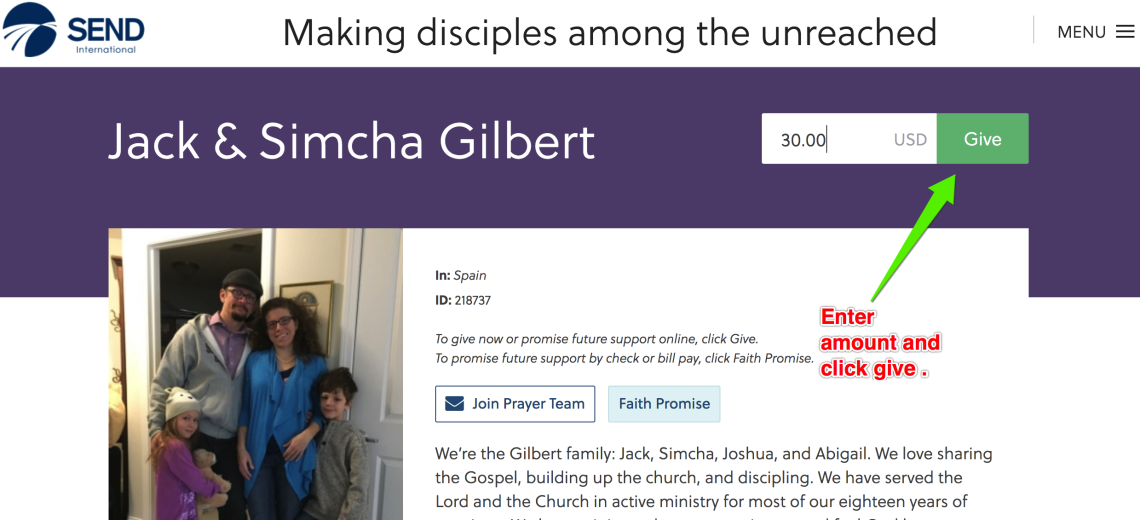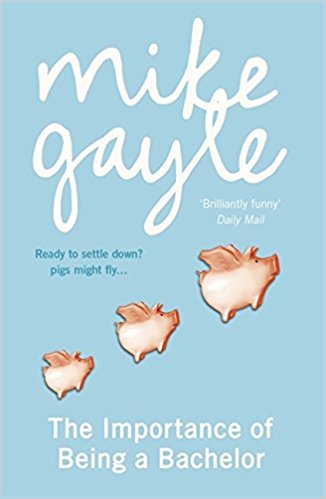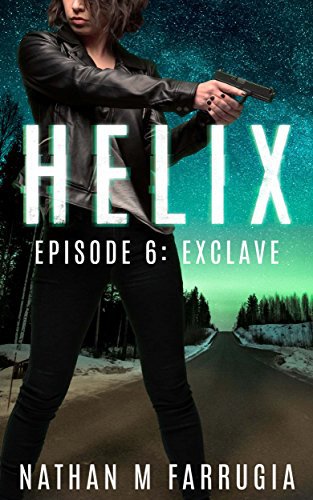The Specs
- What: Tell the Wolves I’m Home
- Who: Carol Rifka Brunt
- Pages: 355
- Genre: Historical fiction
- Subgenre: Coming of age
- Published: 2012
- The lit:



 of 5 flames
of 5 flames
They say home is where the heart is. So where do you call home when your heart’s been ripped in two? This is what I kept asking while reading Tell the Wolves I’m Home. Calling a book “heart-wrenching” sounds a little cliche, but that’s how I felt every time I picked it up. It’s a story of AIDS, love, heartbreak, family, growing up, and finding yourself. The classic band Westlife can explain it best:
“I’ll see you again
You never really left
I feel you walk beside me
I know I’ll see you again”

This 2012 novel takes place in 1987 New York amid the AIDS crisis. Nobody quite understands the mysterious disease, and everyone is frightened of “catching” it. Fourteen-year-old June has just lost her best friend, her Uncle Finn, to AIDS, which has brought shame and confusion to the family.
June is an outsider. She struggles in social situations, lacks the talent that her older sister, Greta, thrives on, has a wild imagination that her parents can’t grasp, and now feels lost after the one person who understood her passes away. After the funeral, June receives one of Finn’s belongings, a beautiful teapot that held sentimental value to both of them, from a stranger.
She soon learns that this stranger is Toby, Finn’s boyfriend of 10 years, and that her family blames him for Finn’s death. They even go as far as calling him a murderer. But June starts spending time with Toby, and as the two form a bond, she realizes that for once, she’s not alone in the world: Someone misses and loves Finn just as much as she does.
Their time together reveals secrets about her family and helps her heal in unexpected ways. There’s not really a happy ending, but at least June finds closure and acceptance of herself. She learns that even though Finn is gone, he never really left her.
“That’s the secret. If you always make sure you’re exactly the person you hoped to be, if you always make sure you know only the very best people, then you won’t care if you die tomorrow.” — Tell the Wolves I’m Home
Seriously, the tear ducts felt vulnerable with every page flip of Tell the Wolves I’m Home. Not only did this misunderstood teenager lose someone dear to her, but she lost someone who was shamed for his sexual orientation and illness. The words took me to a tumultuous time, and I could feel the anxiety, nerves, and skepticism that were abound.
Reading about the mix of emotions from a 14-year-old’s perspective was incredibly poignant. In some ways, June is just 14 years old and filled with innocence. She doesn’t fully understand those around her or this disease that is the grappling the country. And she deals with the same confidence issues that any teenager experiences, except her observations waver on self-loathing and possess a deeper analysis.
“I thought about myself from head to toe. It was like being forced to read the most boring part of the Sears catalog. Like leafing through the bathroom accessories pages. Boring brain. Boring face. No sex appeal. Clumsy hands.” — Tell the Wolves I’m Home
Oh June. Someone bring me some tissues.
But on another level, June grasps more than the adults in her life. She is the first to recognize Toby’s innocence and his love for Finn, sees through her sister’s tough exterior to the pain she feels, is able to forgive everyone around her, and, in some ways, brings her family back together.
I appreciate how Brunt uses a mix of simple and complex language and dialogue to contrast June’s innocence and maturity. There’s a constant clash between childlike notions and complications, illustrating the heart of the story’s conflict: a young girl with impossible feelings and responsibilities.
Even though the book released many emotions in me, I couldn’t assign that fifth flame. And that’s contributed to the ending. Too many problems are resolved too quickly, which veers from the story’s complexities. There is so much buildup of these issues and to the climax that the ending feels like a steep drop-off.
Furthermore, the conclusion brings an interesting twist that leaves some serious discomfort. (Sorry, but giving away this plot twist would be a crime against future readers. Find out for yourself!) As a fellow reader pointed out to me, though, this was the same uneasiness of the ’80s AIDS crisis. Maybe this was just another way that Brunt is transporting us back to those troubling times, and I can respect that.
Share this:“You could try to believe what you wanted, but it never worked. Your brain and your heart decided what you were going to believe and that was that. Whether you liked it or not.” — Tell the Wolves I’m Home





